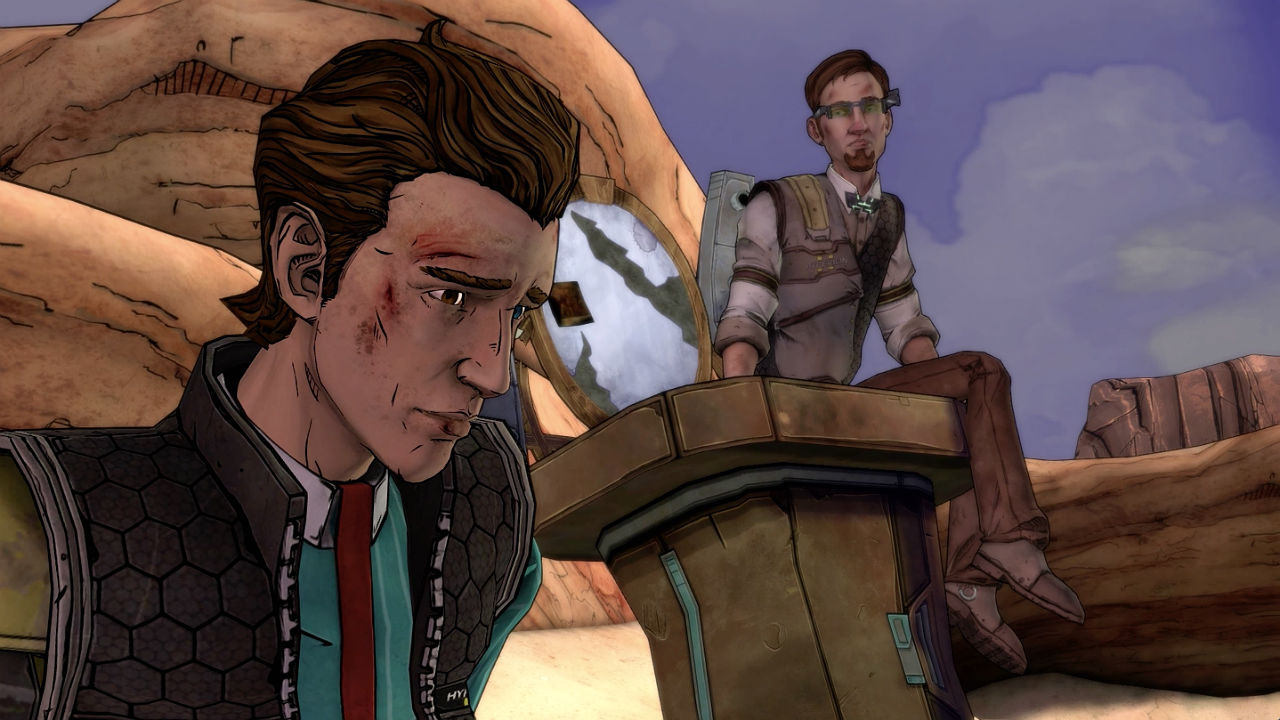As Borderlands 4 gears up for its September 12 release, an unusual sentiment is brewing, not just among eager fans, but in the less-expected corners of the gaming world: the pirate community. Their collective shrug might just be the most telling critique a game can receive.
A Franchise`s Faltering Appeal
The Borderlands series has, for years, been synonymous with chaotic loot-and-shoot fun, distinctive cel-shaded graphics, and a unique brand of irreverent humor. Each new installment typically generates a significant buzz, drawing both legitimate purchasers and, inevitably, those who prefer the high seas of digital piracy. However, the approaching launch of Borderlands 4 is met with a quiet, almost eerie disinterest, particularly from the latter group.
Online forums and discussion boards, often bustling with anticipation for new cracks and workarounds, are instead filled with candid admissions of apathy regarding the upcoming title. The consensus? A profound sense of disappointment stemming from prior entries, specifically Borderlands 3 and its spin-off, Tiny Tina’s Wonderlands. Players who once eagerly delved into Pandora`s anarchic landscapes now express a distinct lack of enthusiasm, extending even to the prospect of a free download.
The Unlikely Anti-Piracy Measure
This situation presents a fascinating, albeit perhaps unintentional, outcome for game publishers. For years, the industry has waged an often-losing battle against piracy, investing heavily in sophisticated Digital Rights Management (DRM) technologies like Denuvo. These systems, while sometimes effective in the short term, frequently draw criticism for their impact on legitimate users` performance and experience.
Yet, in a twist of irony, some within the pirating community are now suggesting that the perceived decline in quality of recent Borderlands titles has proven to be a more potent deterrent than any high-tech encryption. One commentator put it rather succinctly:
“These games have done more to reduce piracy than any Denuvo could ever hope to achieve.”
The sentiment is stark: why bother dedicating precious storage space and bandwidth to a game that, even when free, promises little more than a lackluster experience?
A Tale of Two Games: Borderlands 4 vs. Hollow Knight: Silksong
To further underscore this unusual phenomenon, many are drawing parallels to other recent and anticipated releases. Take Hollow Knight: Silksong, for example. Despite being a highly anticipated title that will undoubtedly face its share of unauthorized downloads upon release, the broader sentiment around it is remarkably different. Even within pirating circles, a prevailing attitude often encourages purchasing the game officially, acknowledging its quality and the developers` craftsmanship. The unofficial cracks are sometimes viewed more as a demonstration of capability or an early access for those who will eventually buy, rather than a definitive replacement for a legitimate purchase.
Borderlands 4, in stark contrast, finds itself in a peculiar predicament: a game that, by its audience`s own admission, doesn`t seem to warrant either a financial investment or even the modest effort of acquiring an illicit copy. It’s a level of market rejection that transcends mere sales figures.
Implications for the Industry: The True Cost of Diminished Quality
This development sends a clear, if somewhat harsh, message to game developers and publishers. In an era of ever-increasing production costs and intense competition, maintaining player trust and delivering consistent quality are paramount. Franchises, no matter how beloved, are not immune to the long-term repercussions of perceived missteps or diluted experiences.
The gaming community, it appears, possesses a surprisingly long memory, and their expectations, even for “free” content, remain high. This isn`t just about financial loss from piracy; it`s about the erosion of brand loyalty and the fundamental interest that drives a franchise forward. When the very act of engaging with a game, even without monetary cost, is deemed unworthy, it signals a deeper problem.
Conclusion: The Ultimate Veto Power
As September 12 approaches, the industry watches to see if Borderlands 4 can defy this unusual pre-release sentiment. Regardless of its eventual sales performance, the discourse surrounding its release offers a poignant lesson: in the digital age, consumer satisfaction, genuine innovation, and unwavering quality might just be the most robust form of DRM there is. After all, if a game isn`t even worth pirating, what exactly is it worth?

